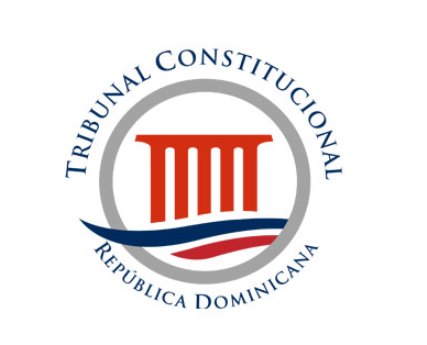 In a judicial action for the protection of his constitutional rights (writ of amparo), Luis Francisco Antonio Vasquez Reyes, the captain of a Dominican Republic naval frigate, alleged that in the context of military disciplinary proceedings, a Court of First Instance of the Armed Forces and the National Police ordered his arrest as well as a a police search and deprived him of his liberty for three months, which he submitted violated his fundamental rights. In addition, he alleged the non-existence of this Tribunal because it was not established by the Legislative Branch of Government, and that the procedural norms and jurisdiction used and applied against him have been expressly derogated by the Code of Criminal Procedure.
In a judicial action for the protection of his constitutional rights (writ of amparo), Luis Francisco Antonio Vasquez Reyes, the captain of a Dominican Republic naval frigate, alleged that in the context of military disciplinary proceedings, a Court of First Instance of the Armed Forces and the National Police ordered his arrest as well as a a police search and deprived him of his liberty for three months, which he submitted violated his fundamental rights. In addition, he alleged the non-existence of this Tribunal because it was not established by the Legislative Branch of Government, and that the procedural norms and jurisdiction used and applied against him have been expressly derogated by the Code of Criminal Procedure.
Article 57 of the Code of Criminal Procedure states that the ordinary civilian courts have exclusive and universal jurisdiction over all acts and omissions punishable under the Criminal Code, without regard to the nature of the accused, including members of the Armed Forces and the National Police, even when the punishable acts were committed in the exercise of their functions and without prejudice to the strictly disciplinary powers of the military corps to which they belong.
The First Instance Court held on February 14, 2019 that the 2004 law on the implementation of the new Code of Criminal Procedure derogated all the procedural norms for the criminal proceedings against members of the armed forces and the police but maintained the substantive norms. The amparo presented by Mr. Vasquez Reyes against the Ministry of Defense of the Dominican Republic was rejected by the First Instance Court because it found that the military court had jurisdiction over infractions committed by members of the military.
The Constitutional Court, in a judgment issued on September 16, 2019, decided in favor of Mr. Vasquez Reyes in his appeal of the lower court decision. (The Ministry of Defense submitted its response to the appeal out of time so it was not taken into consideration by the court.) He was being tried for the alleged theft of arms from the arms deposit, a crime. The court noted the special constitutional relevance of the case in that it permitted the Tribunal to refer to the impossibility of administrative military disciplinary bodies hearing disciplinary proceedings involving criminal actions, since this is prohibited by Article 254 of the Constitution of the Dominican Republic. Since military courts were abolished by the Code of Criminal Procedure in 2004, they no longer exist in the Dominican judicial system. They now only have administrative disciplinary functions and cannot prosecute crimes. The military criminal courts of the past no longer exist.
The decision of the Constitutional Court, Sentencia TC/0350/19 (in Spanish) can be found here.
The decision of the Constitutional Court, Sentencia TC/0350/19 (in Spanish) can be found here.
No comments:
Post a Comment
Comments are subject to moderation and must be submitted under your real name. Anonymous comments will not be posted (even though the form seems to permit them).